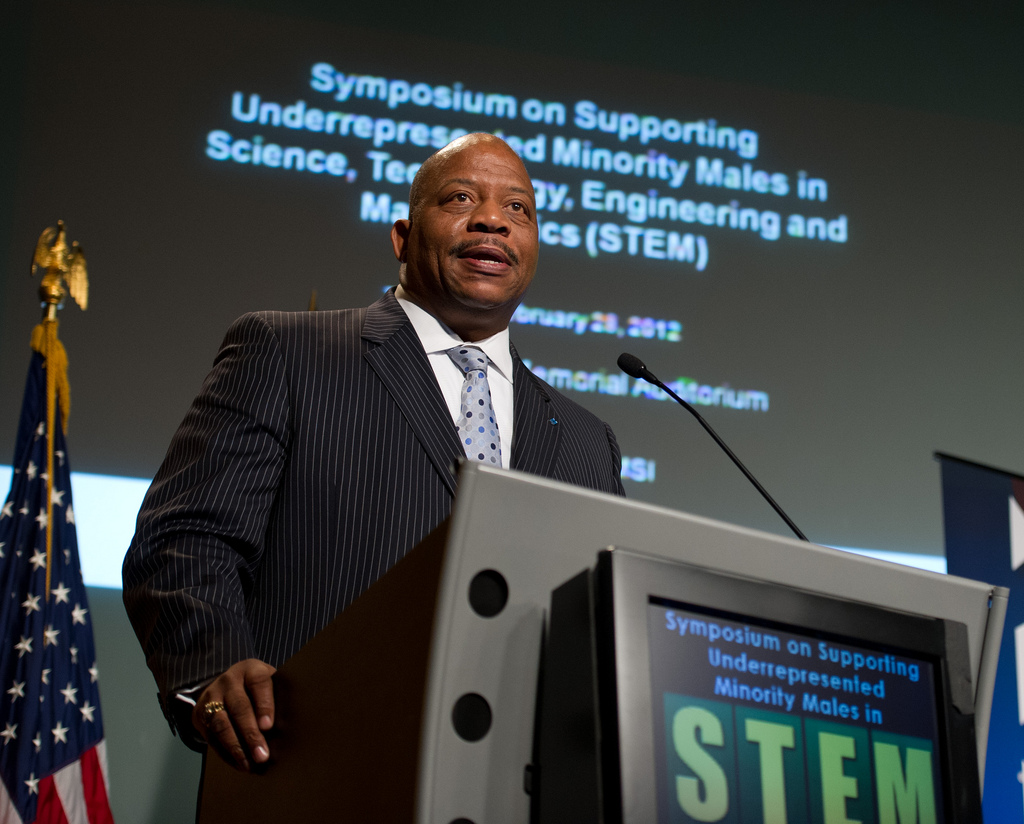higher education
Reaction to a report that the Trump administration plans to pursue complaints that college admissions discriminate against whites ranges from shock to delight.

____________________________________________________
Summer is winding down, which means teachers across New England are preparing for the upcoming school year. But how prepared these new teachers are largely depends on how they've been taught to teach. Elizabeth Green, the author of Building a Better Teacher, has spent the past five years researching what makes a teacher effective, and whether those skills can be taught. Green recently sat down with WGBH's On Campus to discuss her new book.

In this digital age, what’s the status update of America’s promise of an equal shot at education for all – for descendants of slaves as well as first-generation immigrants? Where does the pressure to get into and through college come from?
A new provocative documentary film explores these and other questions by following two middle-class African-American boys from the time they enter kindergarten in one of the country’s most elite private schools through high school graduation.
While black and Latino men attending community college have some of the highest educational goals of any racial or gender group, they are also the least likely to achieve them.
That's one of several findings included in a new report from the Center for Community College Student Engagement, which suggests that black and Latino men graduate from college at disproportionately low rates partly because they arrive less prepared and can suffer from discrimination and stereotyping, or a fear that they will live up to negative stereotypes.

The president didn’t say much about college affordability in his state of the union address this week, unlike in previous years, but some members of Congress are pushing the issue. U.S. Rep. Suzanne Bonamici (D-Ore.) introduced a bill Wednesday that would waive tuition at public universities. Instead, students would pay a percentage of their incomes after graduation.













